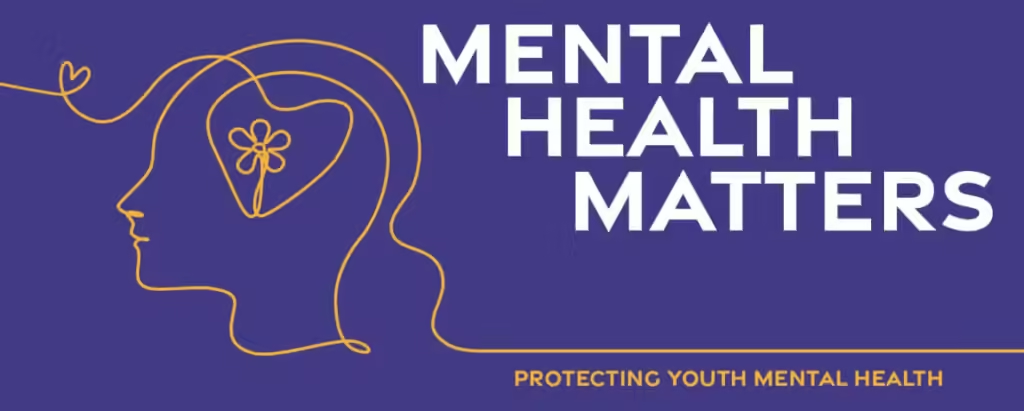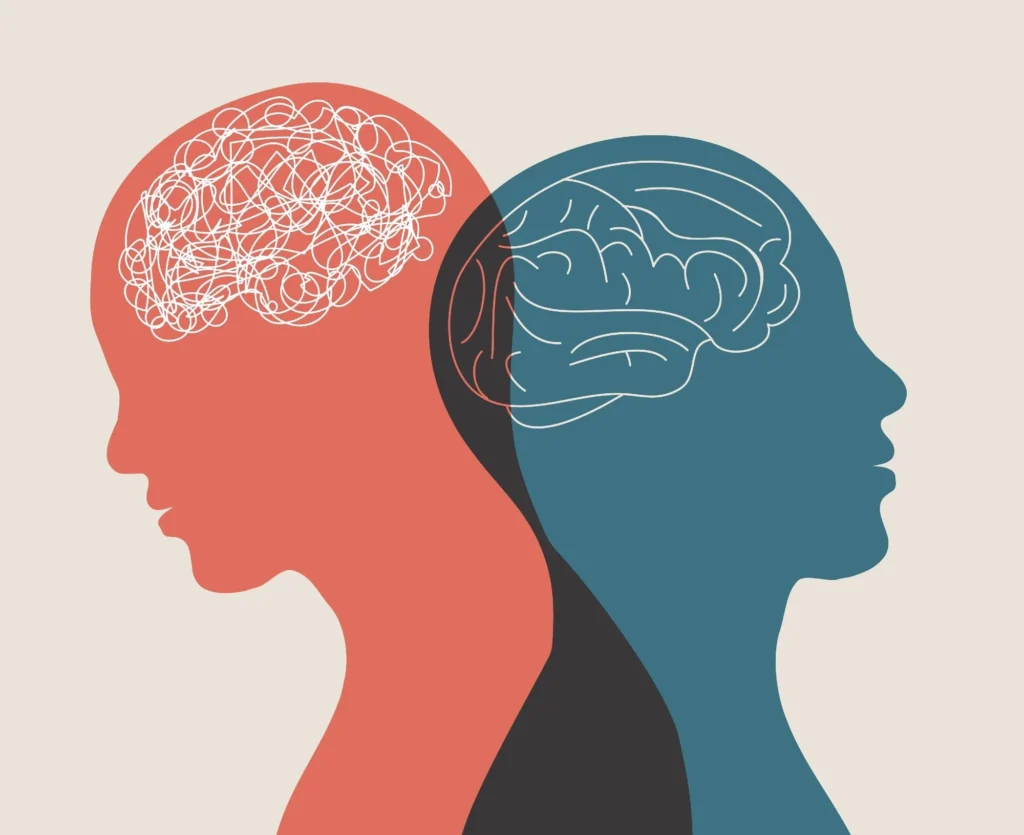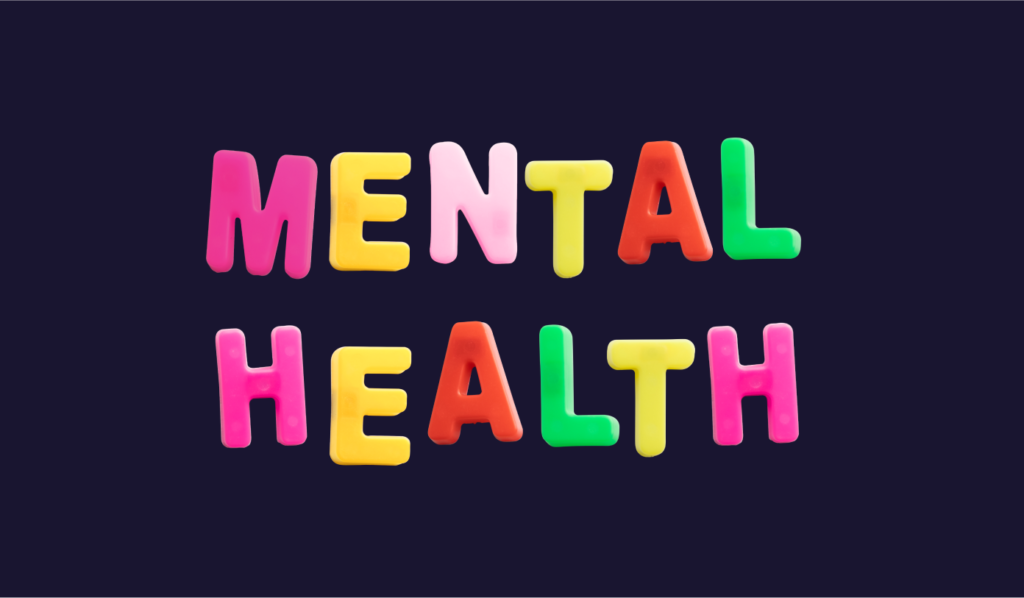introduction
Mental health refers to a person’s emotional, psychological, and social well-being. It influences how individuals think, feel, and act, and it affects their ability to handle stress, relate to others, and make decisions. Mental health is important at every stage of life, from childhood and adolescence through adulthood. Good mental health is characterized by a balance in life activities, the ability to adapt to change and cope with adversity, and the capacity for enjoyment and fulfillment. Mental health issues, such as depression, anxiety, and other mental disorders, can significantly impact daily functioning and quality of life. Addressing mental health involves understanding and managing these issues through therapy, medication, lifestyle changes, and support systems.

why is important mental health
Mental health is crucial because it affects every aspect of a person’s life. Good mental health enhances the overall quality of life. It contributes to the ability to enjoy life, manage stress, and make meaningful connections with others. Mental health is closely linked to physical health. Poor mental health can lead to physical health issues like heart disease, high blood pressure, and weakened immune function. Conversely, good mental health can improve physical well-being. Mental health impacts productivity and performance in various areas, including work, school, and personal projects. Good mental health enables focus, creativity, and effective problem-solving.
Mental health influences how people interact with others. It affects communication, empathy, and the ability to form and maintain healthy relationships. Good mental health provides the resilience needed to cope with life’s challenges and setbacks. It allows individuals to bounce back from adversity and maintain a sense of hope and purpose. prioritizing mental health helps prevent mental health disorders and reduces the severity of symptoms. Early intervention and management of mental health issues can prevent long-term complications.
Mental health affects community well-being. When individuals maintain good mental health, they are more likely to contribute positively to society, fostering a supportive and thriving community. Good mental health promotes a positive self-image and self-worth. It enables individuals to recognize their strengths, set realistic goals, and pursue personal growth.

Causes of Mental Health Issues
Mental health issues can arise from a combination of factors including biological, psychological, environmental, life experiences, developmental, and the interaction between mind and body. Biological factors involve genetics, brain chemistry, physical health, and substance use. Psychological factors include trauma, chronic stress, poor coping skills, and certain personality traits. Environmental factors encompass family environment, social isolation, socioeconomic status, and cultural influences. Life experiences such as loss, grief, academic or work pressure, and relationship problems also play a role. Developmental factors refer to adverse childhood experiences and adolescent challenges. Understanding these multifaceted causes is essential for identifying, preventing, and treating mental health issues effectively.
Strategies for Maintaining Mental Health
Maintaining mental health involves adopting practices that support emotional, psychological, and social well-being. Here are some strategies:
- Regular Exercise: Physical activity improves mood and reduces stress.
- Healthy Diet: Proper nutrition supports brain health.
- Adequate Sleep: Quality sleep is essential for mental well-being.
- Mindfulness and Meditation: These practices help manage stress and enhance emotional regulation.
- Social Connections: Building and maintaining strong relationships provides support and reduces feelings of isolation.
- Hobbies and Interests: Engaging in enjoyable activities promotes happiness and fulfillment.
- Stress Management: Techniques such as time management, relaxation exercises, and setting boundaries help manage stress.
- Professional Support: Therapy, counseling, and support groups provide assistance and guidance.
- Positive Thinking: Focusing on positive aspects of life and practicing gratitude improves mental outlook.
- Avoid Substance Abuse: Limiting or avoiding alcohol and drugs protects mental health.
- Routine and Structure: Maintaining a daily routine provides stability and predictability.
- Early Intervention: Addressing mental health issues early prevents them from worsening.
- Work-Life Balance: Ensuring a balance between work, rest, and leisure activities promotes overall well-being.
conclusion of mental health
Maintaining mental health is essential for a balanced and fulfilling life. By incorporating practices such as regular exercise, a healthy diet, adequate sleep, mindfulness, and strong social connections, individuals can enhance their emotional, psychological, and social well-being. Effective stress management, positive thinking, avoiding substance abuse, and seeking professional support when needed are also crucial strategies. Prioritizing these aspects helps build resilience, manage challenges, and promote overall mental health, leading to a happier and more productive life.

